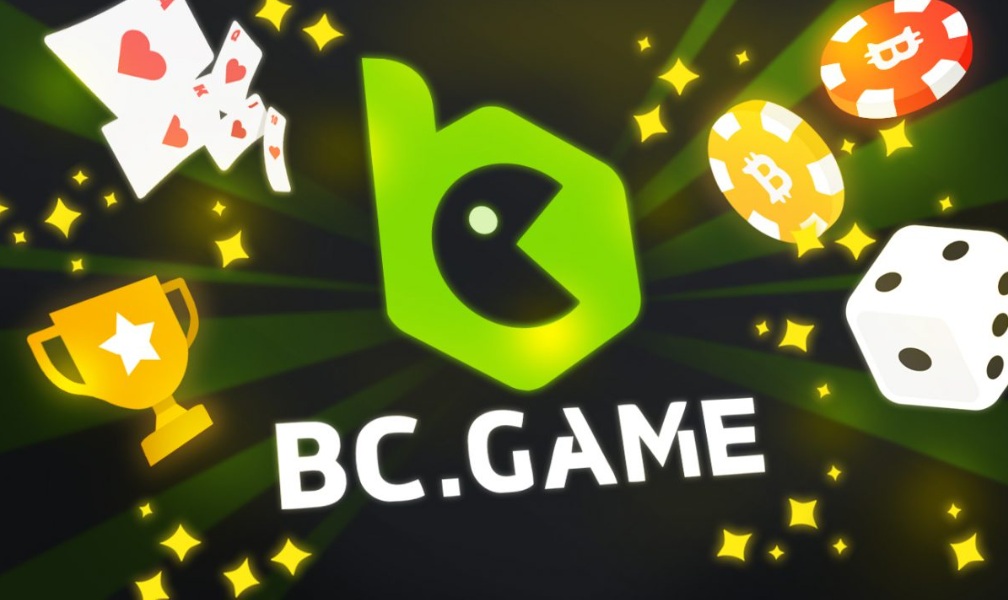
Welcome to the World of Coin Flip
The Coin Flip coin flip is one of the simplest yet most engaging games of chance that humans have played for centuries. From deciding political leadership to making mundane decisions, the practice of flipping a coin has an extensive history and a place in many cultures. This article will delve deep into the mechanics of the coin flip, its applications, and the psychological elements involved in this seemingly simple game.
The Mechanics of Coin Flip
At its core, the coin flip is a 50/50 game, where two outcomes exist: heads or tails. The basic mechanics involve tossing a coin into the air and allowing it to fall, landing on a flat surface to reveal one side or the other. This simplicity is what makes the game so appealing; anyone can play, and it requires no special skills or equipment beyond a coin.
Applications in Decision Making
Coin flips have numerous applications in daily life, ranging from the trivial to the serious:

- Decision Making: When faced with two equally compelling options, flipping a coin can help make the choice. This is especially useful when emotional bias clouds judgment.
- Sporting Events: In many sports, a coin flip determines which team starts with the ball or chooses a side. The significance of this simple act can influence the dynamics of the entire game.
- Political Decisions: Coin flips have been used in political contexts to break tie votes or make critical decisions when consensus cannot be reached.
The Psychology Behind Coin Flip
While the coin flip is purely a game of chance, psychological factors play a significant role in how individuals approach it. Here are a few insights into the psychology of coin flipping:
- Risk and Reward: Many people perceive coin flips as a low-risk method to resolve disputes. However, others see them as high-stakes decisions with potential consequences, leading to a range of emotional responses.
- Superstition: Some individuals develop superstitions around coin flipping, believing that certain actions or rituals can influence the result. Such behaviors can showcase the human tendency to seek patterns in random events.
- Confidence in Choice: Often, people find themselves supporting the outcome they hoped for after the flip, leading to cognitive dissonance when the outcome does not align with expectations.
Strategies to Enhance Your Coin Flip Experience
Although the coin flip is predominantly a game of chance, there are a few strategies and approaches players can adopt to enhance their experience:

- Choosing Sides: Some individuals believe that picking a side based on personal experiences or history can give them an edge. Whether or not this actually influences outcomes is debatable, but it can make the game more engaging.
- Mindset: Maintaining a positive mindset can influence your enjoyment of the game. Approach the coin flip as a fun activity rather than a significant decision-making tool, and you’re likely to have a more enjoyable experience.
- Engaging Others: Including friends or family in your coin flipping adventures can lead to collaboration and fun competition, enhancing the overall thrill.
Technological Influence on Coin Flip
In today’s digital age, the game of coin flip has also transitioned online. Many gaming platforms now feature coin flip games where players can compete against one another. These digital versions maintain the spirit of the traditional coin flip while also incorporating elements of strategy and game theory. The main differences are:
- Random Number Generators (RNG): Online coin flip games utilize RNG to ensure that outcomes are entirely random and fair, mirroring the spontaneity of a physical coin toss.
- Variety of Formats: Players can choose from various coin flip styles, including tournaments where multiple players compete, thereby intensifying the excitement.
Conclusion
In conclusion, the coin flip transcends its simple premise to represent much more than just a game of chance. Its applications in decision-making, combined with the psychological factors involved, make it a fascinating topic for exploration. Whether it’s used in serious political scenarios or lighthearted personal decisions, the coin flip brings a touch of unpredictability and excitement to life. By understanding the mechanics and psychology behind the coin flip, one can appreciate its value as more than just a game but a cultural phenomenon with deep roots in human history.




